-49%
The Role of Healthcare Professionals in Recognizing and Managing Patient Deterioration
The swift recognition and appropriate management of patient deterioration in acute care settings are paramount to prevent adverse outcomes, including delayed treatment, unnecessary intensive care unit admissions, and even preventable deaths. As the healthcare landscape undergoes continuous transformation, nurses and other healthcare students must be equipped with the essential skills to effectively identify and manage patient deterioration with competence and confidence, recognizing the complexities associated with caring for acutely ill individuals.
This comprehensive second edition of the textbook, meticulously crafted using a body systems approach, provides a holistic overview of critical topics within this vital subject. The content has been meticulously updated to reflect the latest NEWS2 and NMC future nurse standards, acknowledging the challenges faced by individuals experiencing delirium in acute care settings.
Key Concepts and Skills Covered:
- Recognition and Identification: Precise identification and interpretation of physiological and mental deterioration in adult patients.
- Disordered Physiology Recognition: Pinpointing physiological abnormalities that could potentially trigger a medical emergency due to a decline in normal function.
- Relevant Anatomy and Physiology: In-depth understanding of the relevant anatomical and physiological structures involved in deterioration.
- Pathophysiological Changes and Intervention: Comprehensive knowledge of pathophysiological changes and the required interventions to address them.
- Immediate Recognition and Response: Essential skills for prompt recognition and immediate response to patient deterioration.
- Investigations, Diagnosis, and Management: Understanding the role of investigations, diagnosis, and appropriate management strategies in patient care.
- Teaching and Preventative Strategies: Effective techniques for educating patients and implementing preventive measures to minimize the risk of deterioration.
Practical Applications:
To reinforce learning and enhance practical application, the textbook includes a wealth of valuable resources:
- Case Studies: Real-world scenarios to provide practical examples of patient deterioration and management techniques.
- Test Yourself Questions: Interactive questions to assess understanding of key concepts and theories.
Importance for Healthcare Students:
This comprehensive textbook serves as an indispensable resource for student nurses who are preparing to provide acute care to patients. It is an invaluable guide for both theoretical knowledge and practical application, equipping students with the skills and confidence necessary to effectively manage patient deterioration in a competent and empathetic manner.

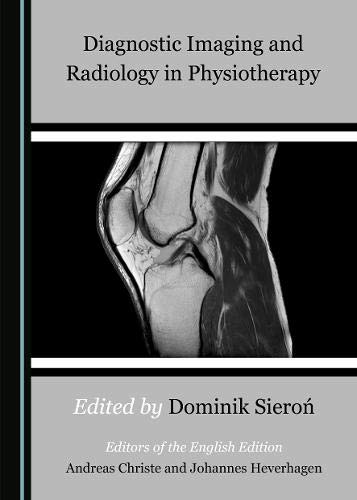
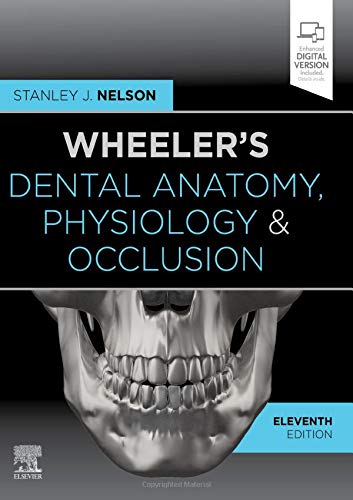
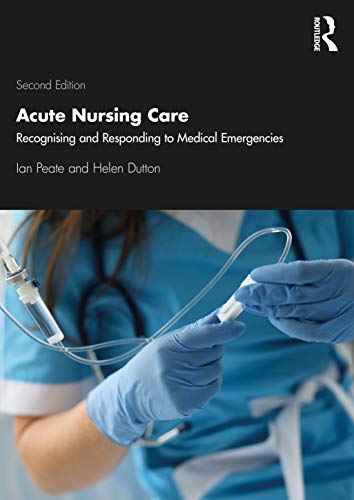
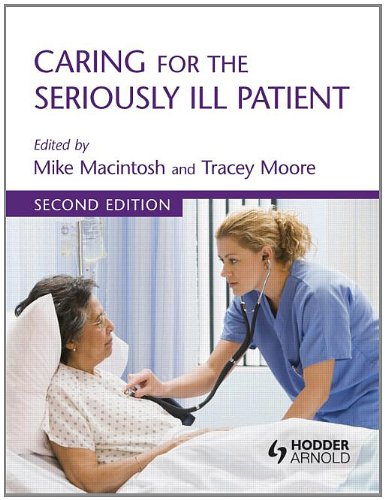
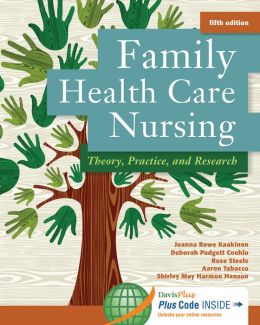
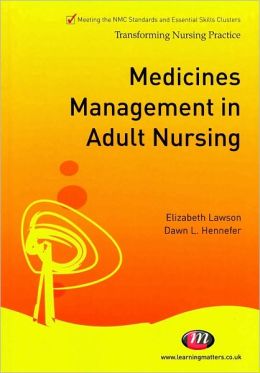
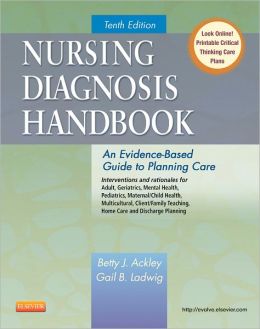
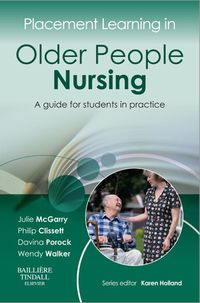
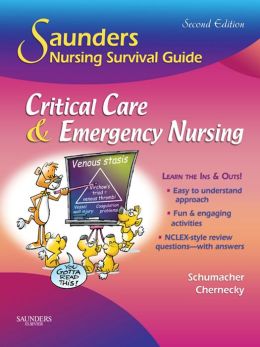
Reviews
Clear filtersThere are no reviews yet.